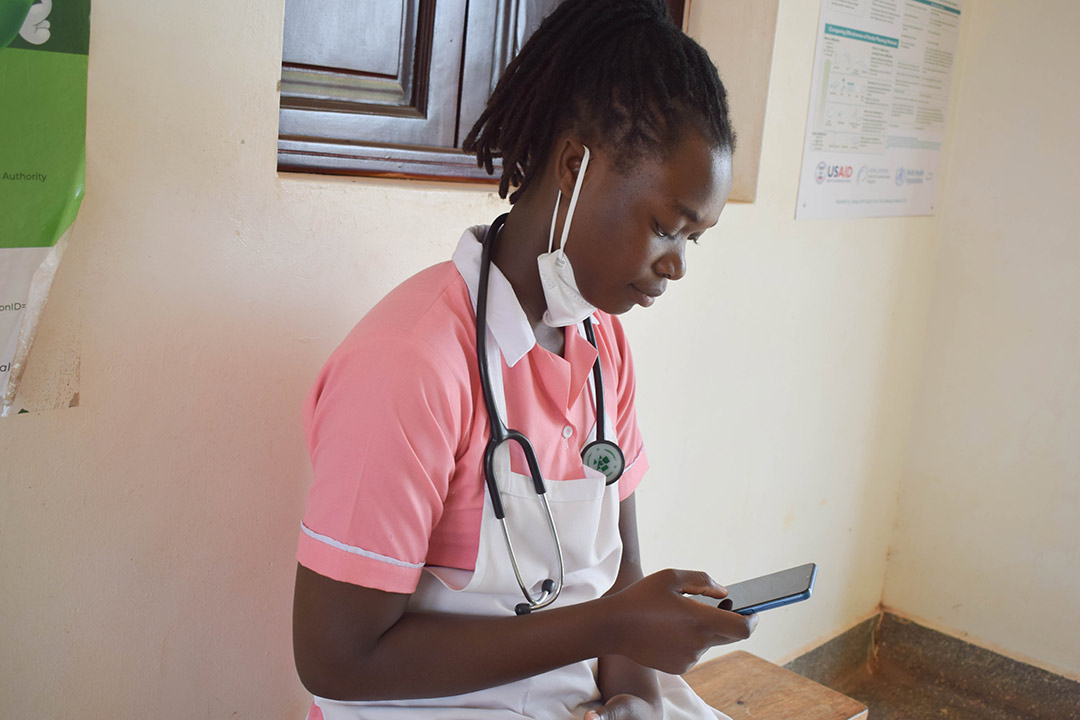The shift from cash to using mobile money as a form of digital payments is an emerging development agenda item for many governments, funders, agencies, and global initiatives. This is because of its potential to improve the management of finances as well as boost financial inclusiveness among others.
Whether focused on direct interventions at the policy or project implementation level, I think digitizing payments requires a strategic approach that involves detailed planning and extensive coordination at various levels.
Such initiatives involve a range of stakeholders, such as government agencies, including the Ministry of Health, the Treasury (Ministry of Finance), payment service providers, and telecom providers meaning such collaboration can enable a successful transition.
Health campaigns or programs seeking to migrate to digital payments need to accurately diagnose barriers to digitization, improve infrastructure, revise regulatory and policy frameworks, and assess market/ systems readiness and recipients’ willingness to embrace the use of mobile money.
According to the Better Than Cash Alliance, shifting these payments from cash to digital payments has the potential to improve the livelihoods of low-income people by advancing financial inclusion. They enable people to build savings while giving governments, the development community, and the private sector a more efficient, transparent, and often safer means of disbursing payments.
In Africa, digital payments are now, more than ever, the key to solving financial inclusion that favors all individuals. Mobile money is one of the digital payment approaches used in the African region lately. Multiple studies show that mobile money payments are critical to building the foundation for future investments and programs in the world’s low-income countries.
Mobile money generally refers to a method of transferring money via mobile phones, with credit linked to a SIM card rather than a formal bank account. It removes some of those key barriers to inclusion; it doesn’t require a visit to a physical bank or internet access, and money can travel instantly over long distances.
Elsewhere, mobile payment innovation was behind the success of the polio immunization campaign in Cote d'Ivoire, Ghana, Mali, and the Democratic Republic of Congo (DRC), countries considered to be low-income countries. It ensured there was no leakage or delay in the compensation of frontline workers.
With the benefits of digital payments insight, the focus is now put on campaign health workers in Sub-Saharan Africa and the basis comes from the available success history of digitizing payments for this particular group of people.
Health workers, policymakers, and implementors recognize the need for a multisectoral action to digitize campaign health worker payments across Sub-Saharan Africa and spread it across the health systems.
The potential to include the unbanked health workers
Over the last decade, mobile money has become one of the best tools to advance financial inclusion. Transparent and efficient mobile money services have significantly improved the financial lives and livelihoods of the unbanked and underserved
The number of mobile money accounts is rapidly expanding. In Sub-Saharan Africa, 77 million new mobile money accounts were opened last year, bringing the total there to 548 million.
Research from the Bill and Melinda Gates Foundation also shows that community health workers in Africa who are mostly unbanked, are more likely to have a mobile money account than the average person.
Unbanked refers to adults who do not use or do not have access to any traditional financial services, including savings accounts, credit cards, or personal checks.
Mobile money transactions are compatible with basic phones and do not require Internet access. In many countries, mobile money has been used to pay health workers’ salaries and this will benefit campaign health workers in sub-Saharan Africa.
Mobile money solutions have the ability to address issues like fraud and leakage by offering a fast, safe and transparent mechanism for timely disbursement of salaries, incentives, and other payments to health workers
However, in low- and middle-income countries, there are weak systems for checking the identification/ verification of health workers meant for payments and in most cases, funds are claimed fraudulently, while health managers sometimes also take a cut of health worker compensation, resulting in a demotivated health workforce.
Fragmented mobile money systems may make it difficult to transfer money from one payment platform to another, the lack of interoperability between platforms can limit the value of the service and increase transaction fees which can easily demotivate an individual to use mobile money.
The above shortcomings can be solved if mobile money payments are done responsibly and responsively, additionally, the Digital Payments Project which is a Bill and Melinda Gates is here to identify existing evidence on good practices that can be integrated into programs while mapping evidence gaps that can be funded for evidence generation hence making strides towards digital payments.
By Judith Grace Amoit
Communications Officer
Digital Payments Project.
